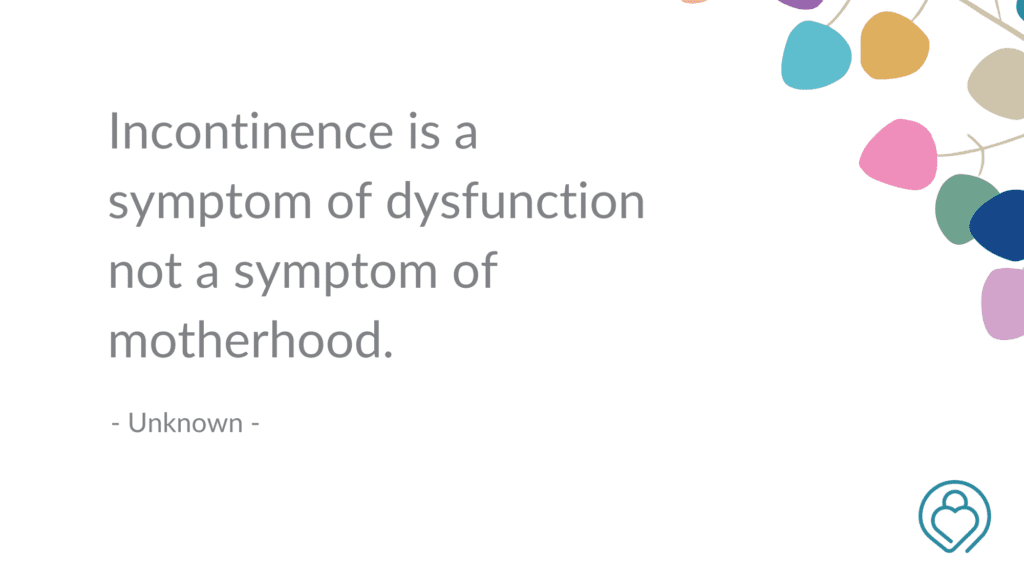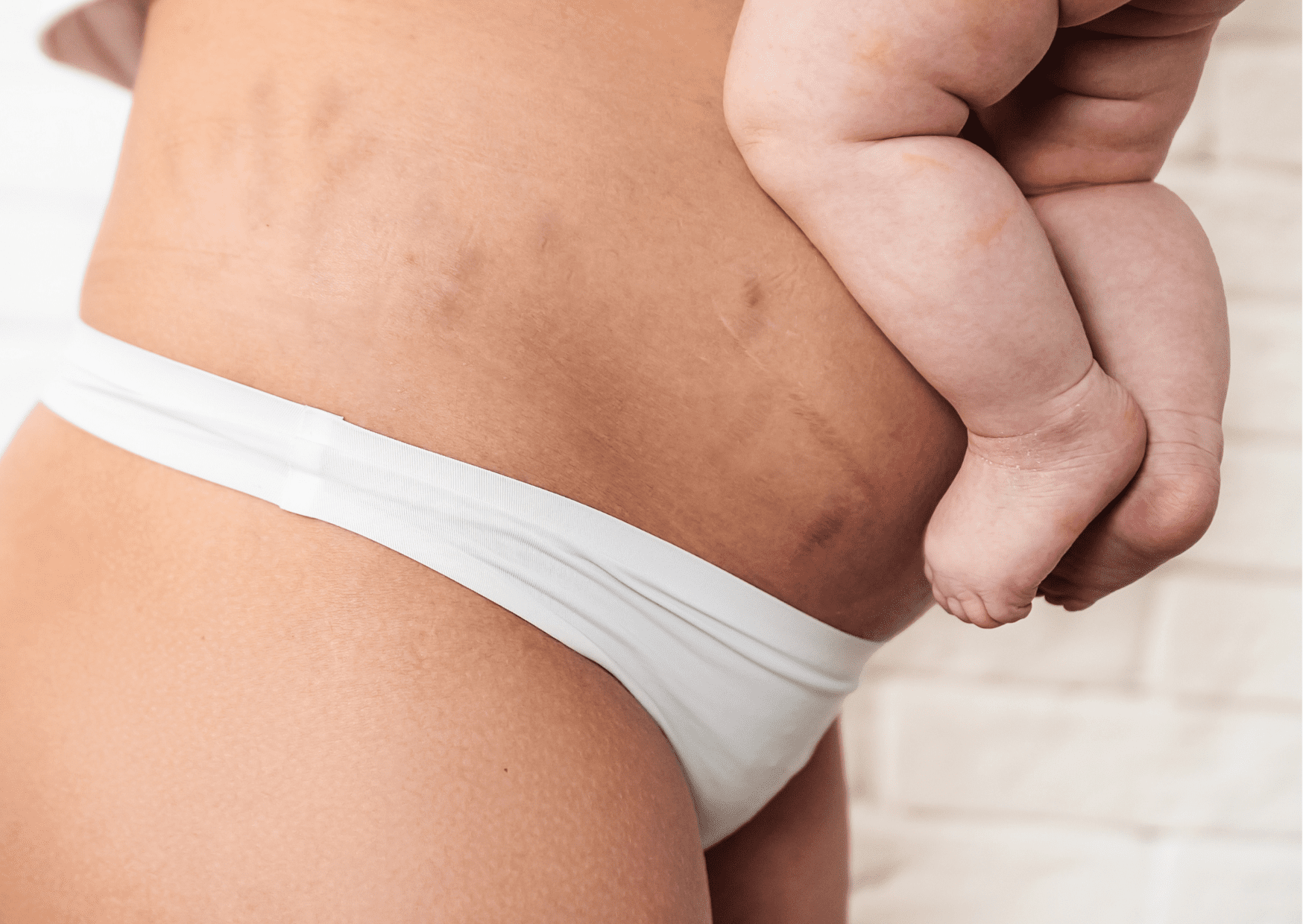Birth brings about many changes, some physical changes may include leakage of urine, heaviness or discomfort through the vagina or pain/ inability to enjoy sex. These symptoms can be embarrassing, and it can be confusing where to find the appropriate help. Pelvic health physiotherapists can assess and treat an array of conditions during pregnancy and post birth and help you to return to the things you love more comfortably.
Where to find a Pelvic Health Physiotherapist
While there may be outpatient public health (hospital) options available through the hospital you gave birth at, this isn’t always an option, so women usually seek the care of a pelvic health physio working in a private practice. Some women may be eligible to receive a rebate from Medicare of $53.80 if they are referred by their GP through a management plan. To be eligible of this Medicare benefit, your GP must deem that the condition is ongoing or ‘chronic’, and you may be eligible for up to 5 allied health visits per year under a Team Care Arrangement. If you are having problems with your GP referral please contact: support@birthtrauma.org.au
You do not need a referral to see a pelvic health physiotherapist in private practice, and if you are part of a private health fund, this will cover a percentage of the cost depending on your level of cover.
Here are some common conditions you should seek help for from a Pelvic Health Physiotherapist:
- Stress Urinary Incontinence (SUI): SUI is a leakage of urine that occurs when there is added pressure on the pelvic floor and bladder during activities such as coughing, sneezing, laughing or running. Leakage may be infrequent and only a small amount, or can be enough to wet a women’s outer clothing. Both can be improved by seeking help. Pelvic health physios have Level 1A (the highest level) evidence for improving SUI. Treatment may include pelvic floor muscle training, use of a continence device in the vagina to help support the urethra (wee tube) or lifestyle advice such as weight loss.
- Urinary Urgency: Urinary urgency is the sensation to empty your bladder very suddenly, even if it only has a small amount of urine in it. Urinary urgency can be the urge only or may result in leakage of urine on the way to the toilet (or while pulling down your pants!). Your pelvic health physiotherapist will usually ask you to complete a bladder diary to assess the contributing factors and determine the best course of action.
- Pelvic Organ Prolapse (POP): Pelvic organ prolapse is the descent of 1 or more pelvic organs (bladder, uterus, rectum) towards the vagina. This is a very common condition affecting up to 50% of women at some point in their lifetime. This can bring about symptoms such as a heaviness or dragging sensation within the vagina and incomplete emptying of your bladder or bowel. Treatment for this is individualised and usually consists of pelvic floor muscle strengthening, lifestyle modifications, activity and exercise advice and a vaginal pessary if appropriate. A vaginal pessary is a soft silicone device worn inside the vagina to help further support the pelvic organs.
- Pain with Sex: Pain with sex after having a baby is always multifactorial. Pain can occur due to scar tissue tenderness from either a perineal tear or episiotomy, hormonal factors associated with breastfeeding and vaginal dryness, negative body image or fear of pain and pelvic floor muscle changes, such as overactive pelvic floor muscles. A pelvic health physio will assess which of these factors are contributing and treat accordingly, through modalities such as scar tissue massage and teaching strategies to relax the pelvic floor muscles.
- Faecal Incontinence (FI): FI can be very distressing, and women may be embarrassed to seek help. FI is the involuntary passing of stool (poo!). The severity can vary and go from small amounts of ‘smearing’ in your underwear to loss of stool while passing wind. This can be more common in women who have had a 3rd or 4th degree perineal tear during birth or those who have a prolapse of the back vaginal wall (rectum/rectocele). Treatment may include strategies to help you fully empty your bowels and strengthening of the pelvic floor and anal sphincter muscles (which help to detect and control wind and stool).
Don’t be shy with seeking help, every woman deserves to feel in control of her body. If you have noticed any of the changes above after giving birth (or maybe some other pelvic symptoms), a pelvic health physio can help.
About the Author
Rhyannon Spring
Rhyannon is a physiotherapist with a special interest in women’s and pelvic health. Rhyannon has worked with women during pregnancy and postpartum as both a physiotherapist and a personal trainer for more than 8 years. Rhyannon is a committee member of the Australian Physiotherapy Association NSW branch Women’s, Men’s and Pelvic Health Group and is currently working at Sydney Pelvic Clinic in Bondi Junction. When Rhyannon is not working as a physio, she is running after her energetic twin toddler boys!
If you are seeking support for birth-related trauma, please contact our Peer2Peer Support service to connect with one of our Peer Mentors.





